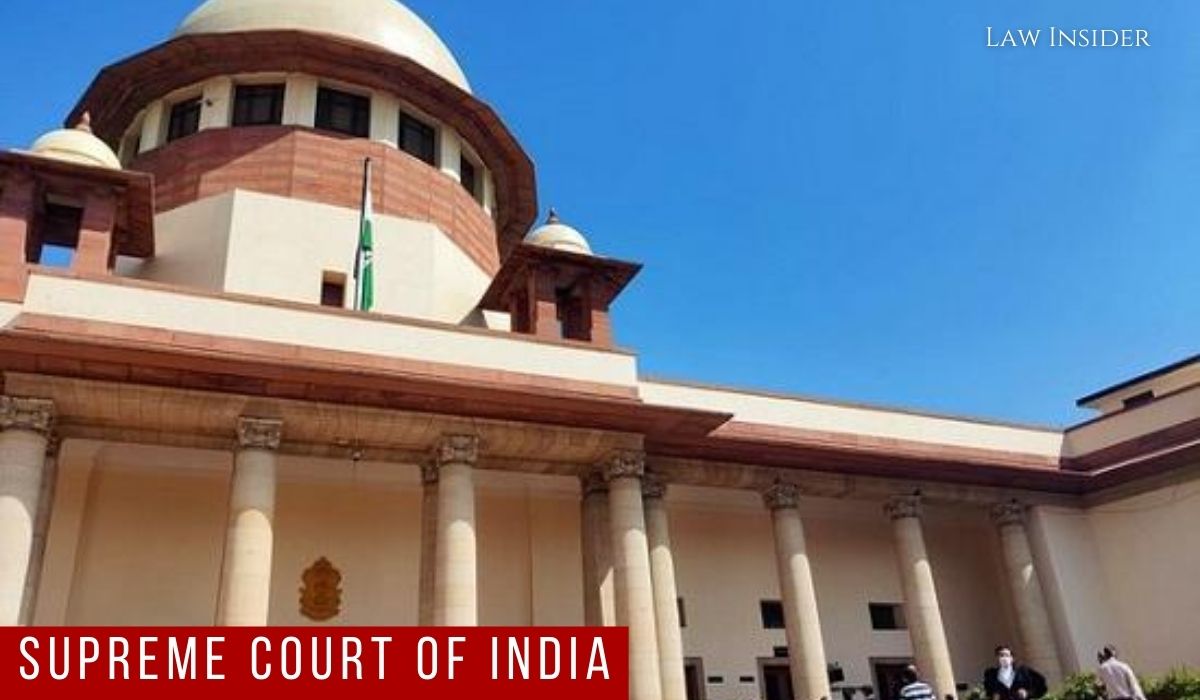LI Network
Published on: January 1, 2024 at 22:26 IST
A Public Interest Litigation (“PIL”) challenging three recently approved criminal laws has been submitted to the Supreme Court. These laws, namely Bharatiya Nyaya Sanhita, Bharatiya Nagarik Suraksha Sanhita, and Bharatiya Sakshya Sanhita, received President Droupadi Murmu’s approval on December 25, aiming to replace the Indian Penal Code, Code of Criminal Procedure, and Indian Evidence Act. However, the commencement date for the implementation of these new laws is yet to be announced.
Advocate Vishal Tiwari, the petitioner, has urged the Court to Stay the enforcement of these three laws and to direct the immediate formation of an expert committee, headed by a former Supreme Court judge, to assess the feasibility of the laws.
The PIL argues that irregularities and inconsistencies marred the enactment of these laws, emphasizing that the relevant bills were passed without adequate parliamentary debate, notably when a significant number of Members of Parliament were suspended. During the passage of the bills in the Lok Sabha on December 20, 141 opposition MPs, spanning both houses, were under suspension.
Advocate Tiwari draws attention to the concerns raised by former Chief Justice of India NV Ramana in 2021 regarding the enactment of laws without proper parliamentary debates.
The plea underscores the importance of parliamentary debates in democratic lawmaking, asserting that such discussions aid in making necessary adjustments and amendments to bills for effective implementation, a valuable resource for courts interpreting laws.
The PIL also raises concerns about resource constraints and the impact on legal aid and pro bono work, suggesting potential challenges for lawyers in interpreting and navigating the complexities of the new laws, leading to delays and legal uncertainties.
Additionally, the plea contends that the changes introduced by the new criminal laws are draconian, aiming to establish a police state in reality, and alleges violations of fundamental rights of the Indian population.
It criticizes specific provisions, such as the extension of the maximum period of police custody from 15 days to 90 days or more, characterizing it as a shocking provision that enables police torture.
It is noteworthy that prior concerns about these criminal laws had been expressed by opposition leaders, including Adhir Ranjan Choudhary, and Senior Advocate Kapil Sibal, who highlighted potential human rights violations and the lack of safeguards against law enforcement excesses.

